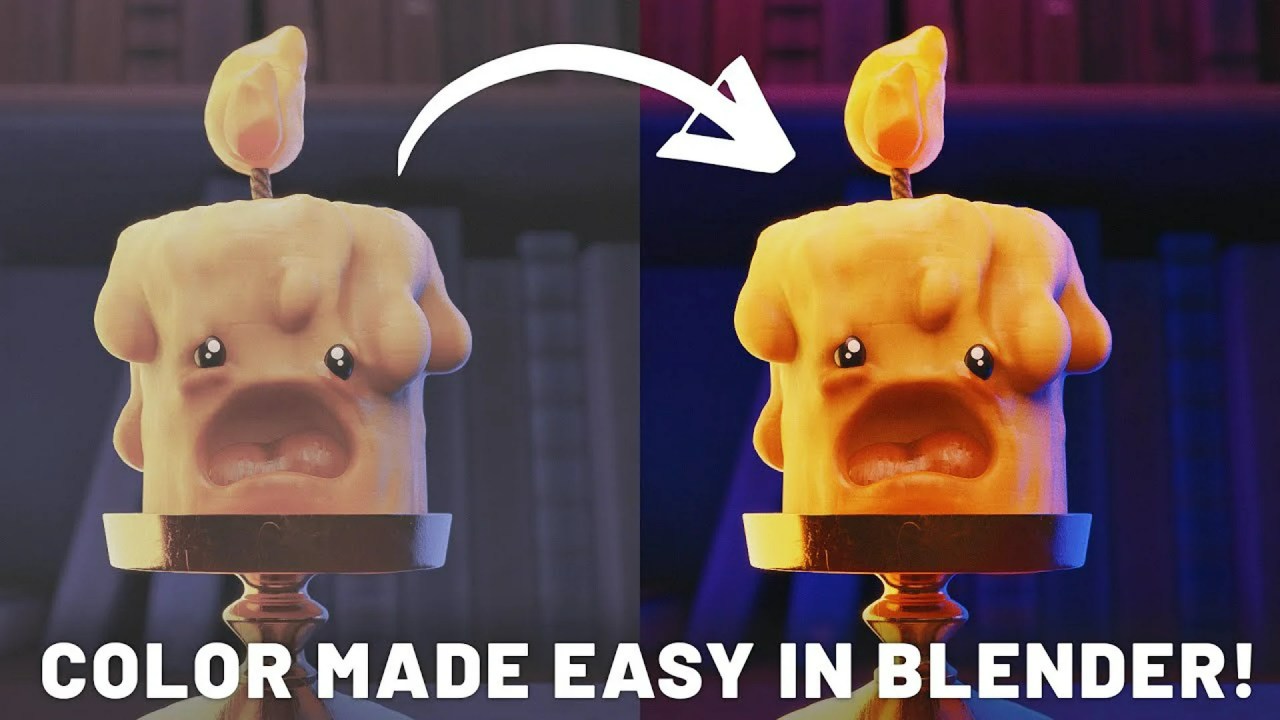Blender on Windows on ARM (WoA) sees massive performance gains thanks to Vulkan support. Qualcomm’s Adreno GPUs show huge improvements in viewport playback and rendering speeds.
The collaborative effort of Microsoft, Linaro, and Qualcomm has borne fruit with significant advancements in Blender’s performance on Windows on ARM (WoA) architecture. The introduction of Vulkan support, especially on Qualcomm Snapdragon-powered devices, marks a pivotal moment.
Vulkan-Powered Viewport
The primary objective is to leverage the Vulkan graphics API to maximize hardware acceleration for superior viewport and rendering performance. Shader optimization to enhance UI performance and viewport acceleration using tiling on Adreno GPUs are key targets. The long-term vision includes hardware-accelerated ray tracing for Cycles on Snapdragon GPUs by 2026, utilizing SYCL.
Benchmark Results
Blender 4.5 LTS, equipped with the new Vulkan graphics backend, demonstrates substantial improvements in EEVEE viewport playback and rendering speeds for the Amy and Tree Creature demo files on Qualcomm® Adreno™ X1-85 GPU 20803.
Playback Speed for the Amy and Tree Creature demo files on Qualcomm® Adreno™ X1-85 GPU 20803
Tree Creature
Amy
Frames per second (higher is better) Unit: fps
Rendering Speed for the Amy and Tree Creature demo files on Qualcomm® Adreno™ X1-85 GPU 20803
Amy
Tree Creature
Render time (lower is better) Unit: Seconds
Testing and Feedback
Users of Blender on Windows on Arm are encouraged to download the latest release from blender.org or a build from builder.blender.org to test the Vulkan backend. To enable it, navigate to Blender Preferences -> System and select Vulkan from the options. Report any issues via Help -> Report a Bug.
The Blender development community extends its appreciation to the development team at Linaro and Qualcomm, including Anthony Roberts, Jeffrey Moguillansky, Mark Feldman, Nilesh Shah, and Janardhan Haryadi Ramesh. Special thanks are given to Brecht Van Lommel and Jeroen Bakker for their coordination of this project. More information is available on code.blender.org.
These advancements promise a more efficient and powerful Blender experience on ARM-based Windows devices, opening new possibilities for 3D artists and creative professionals.



